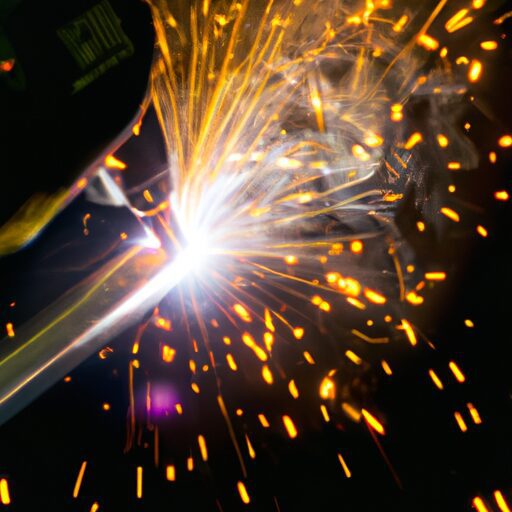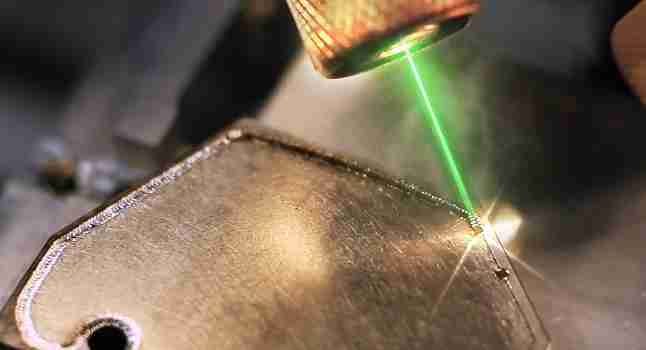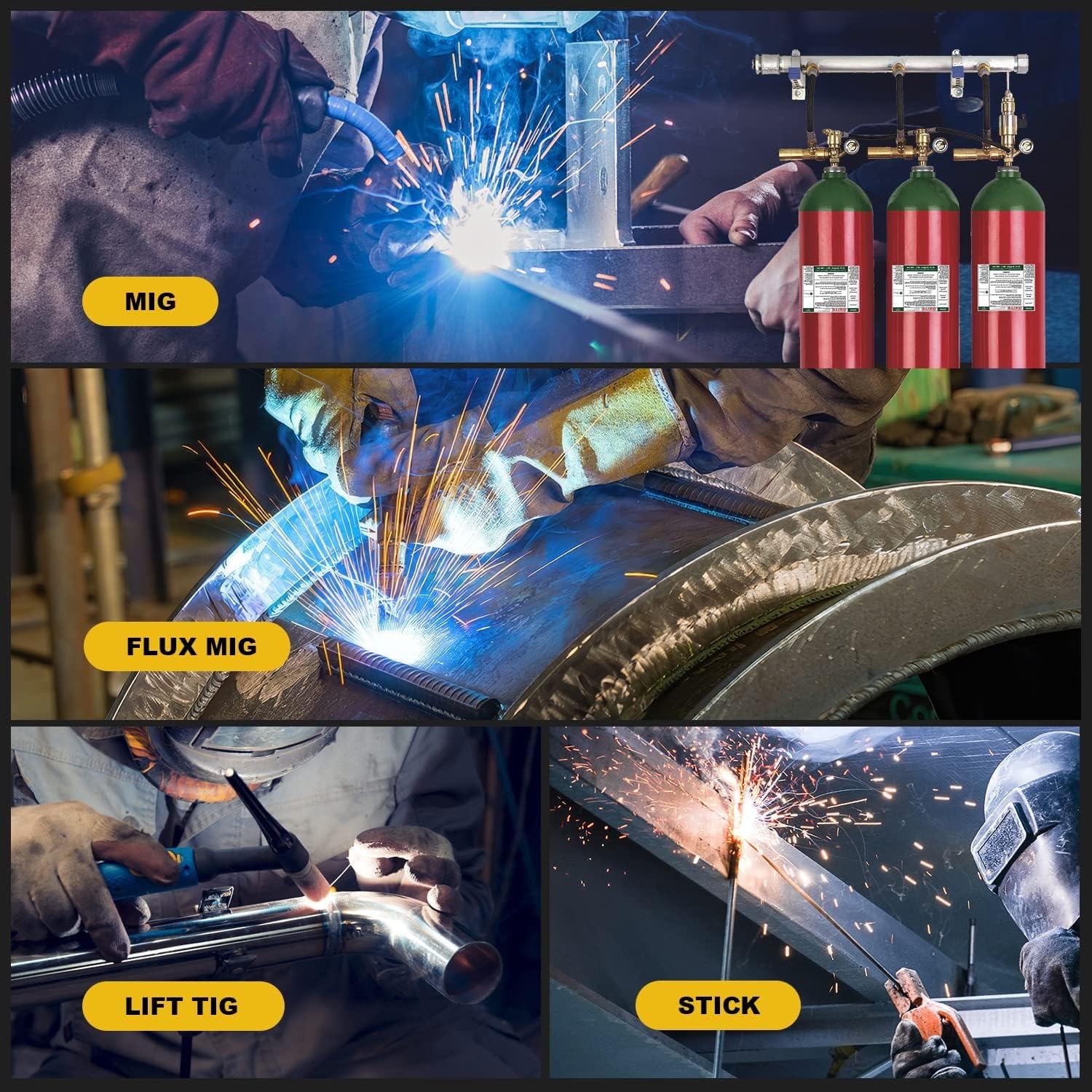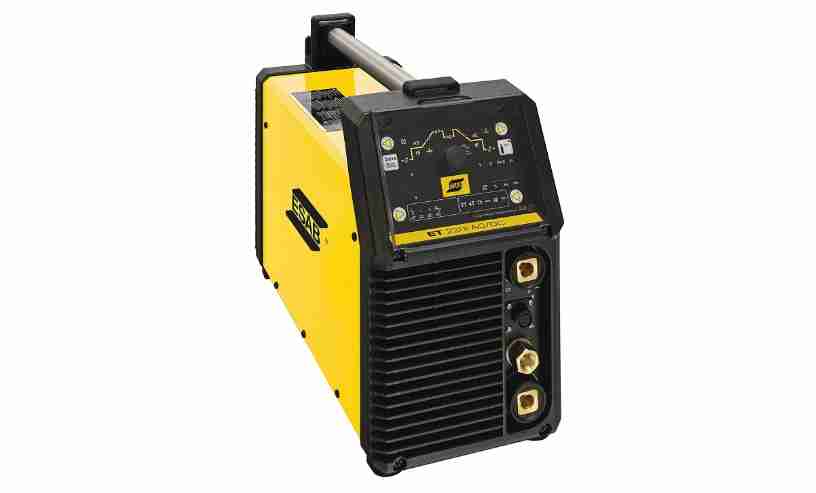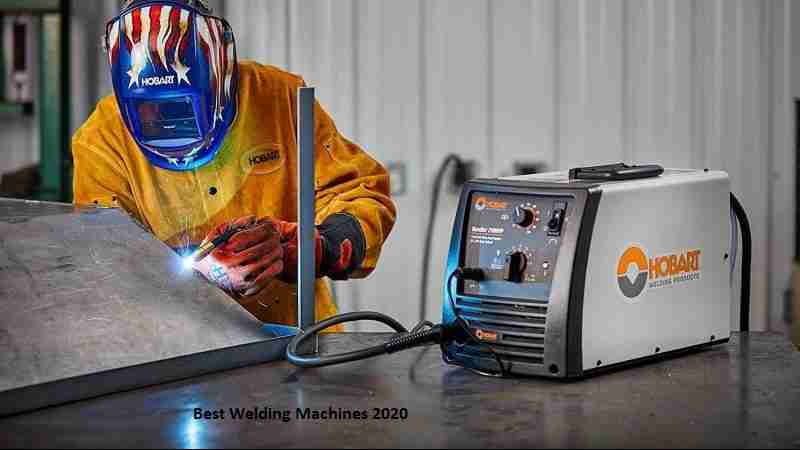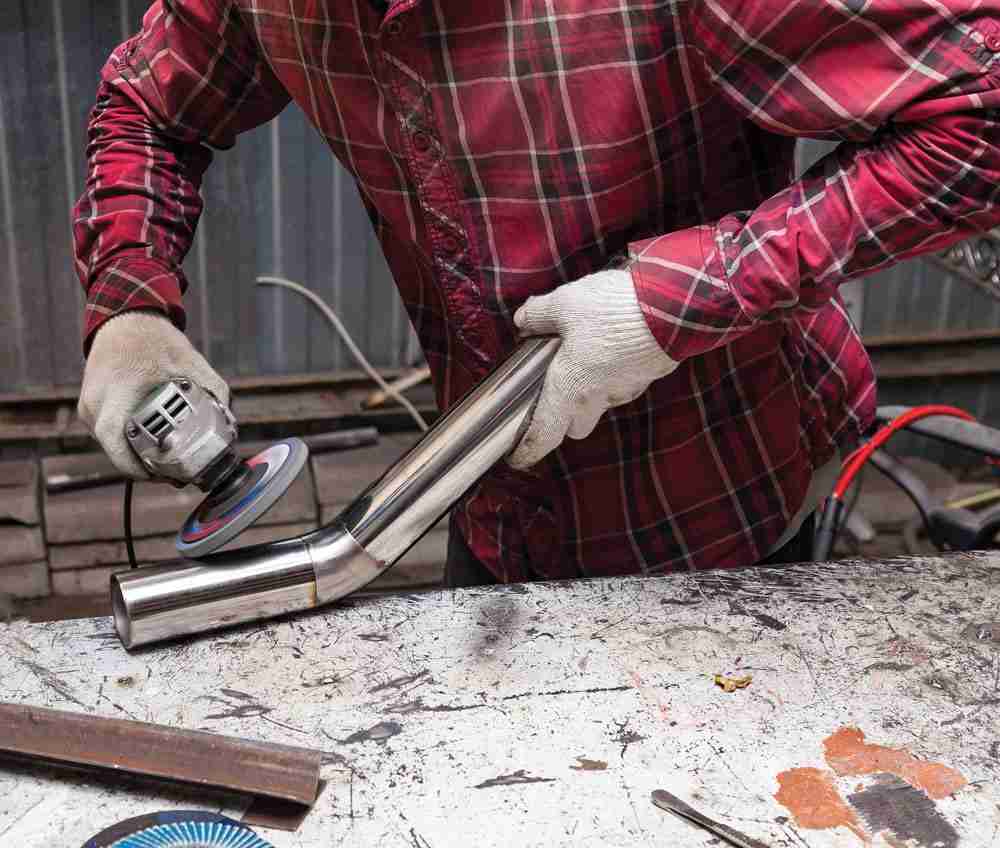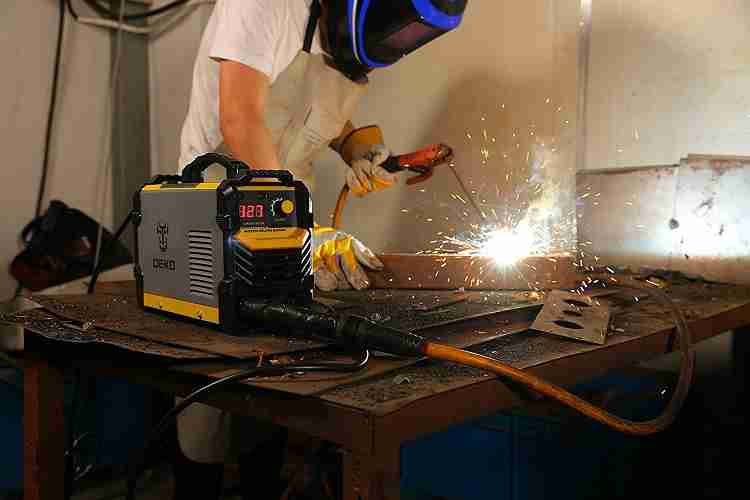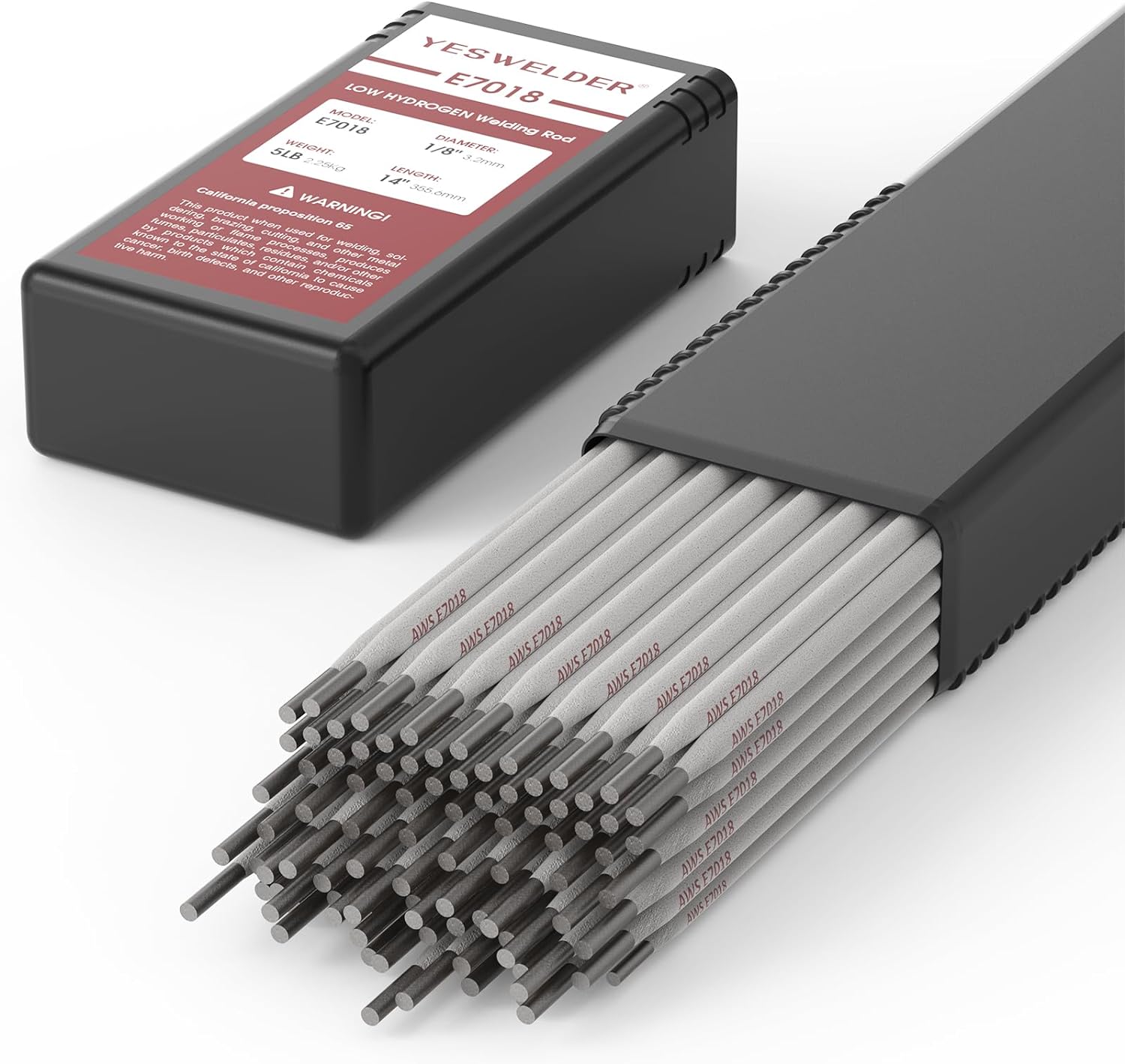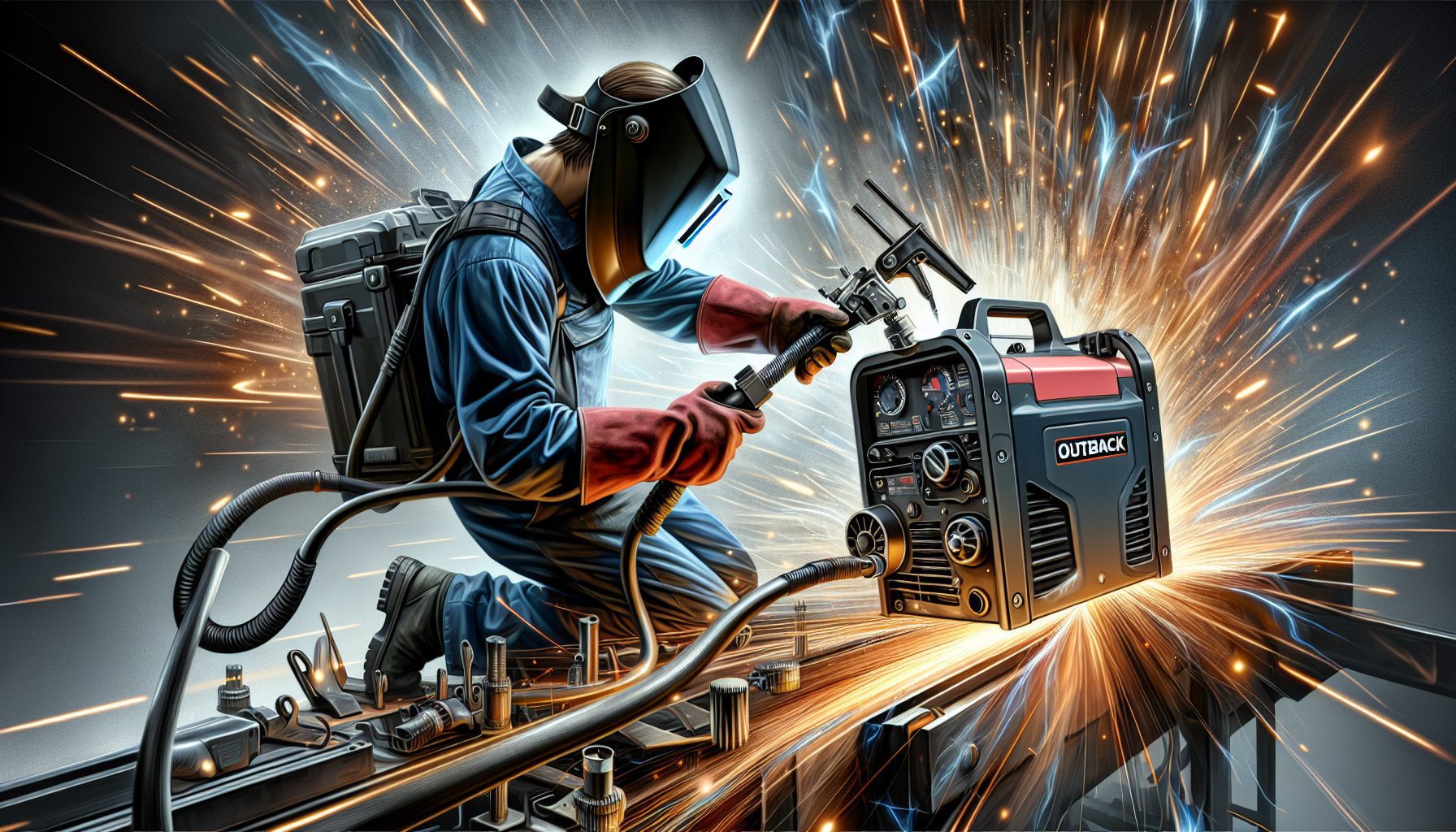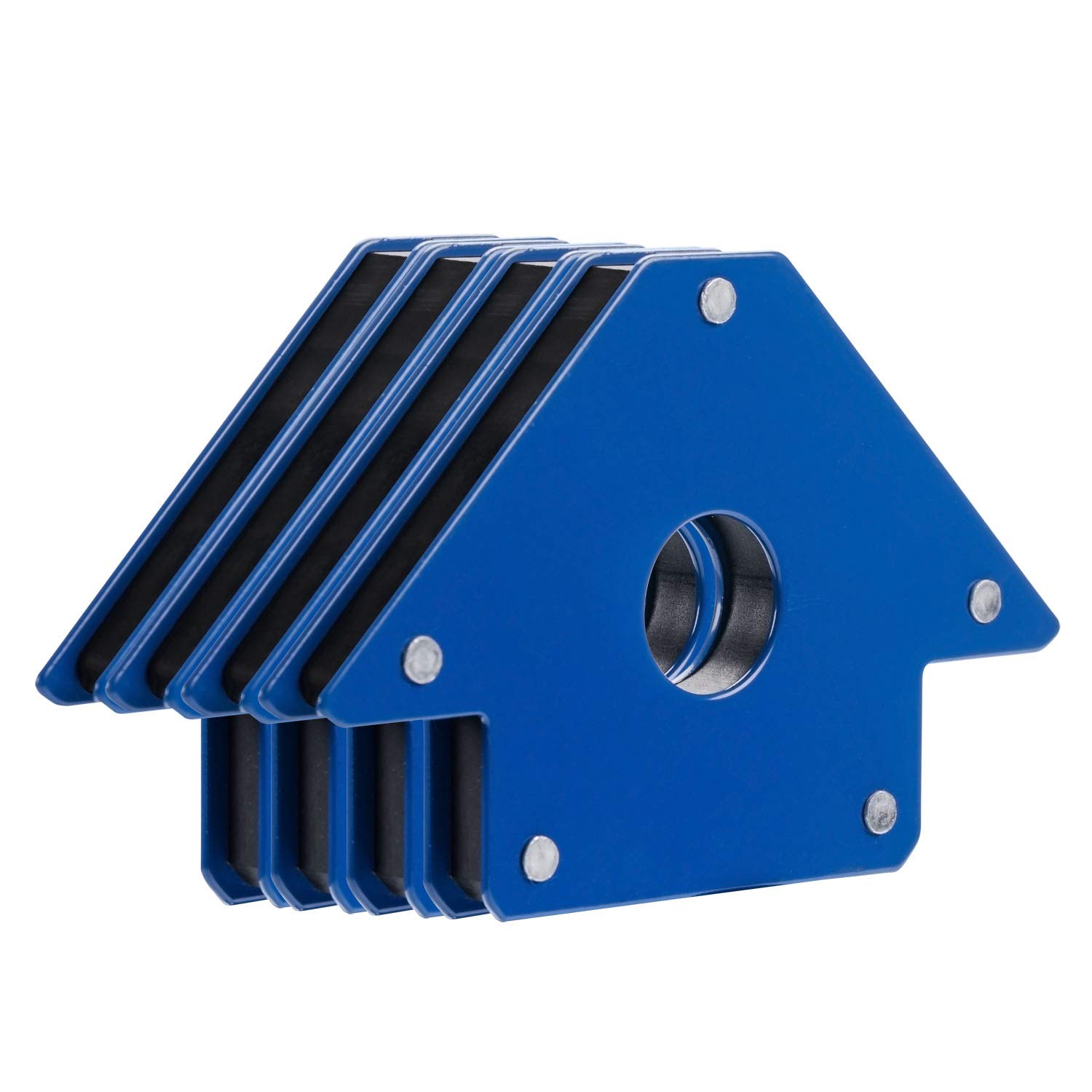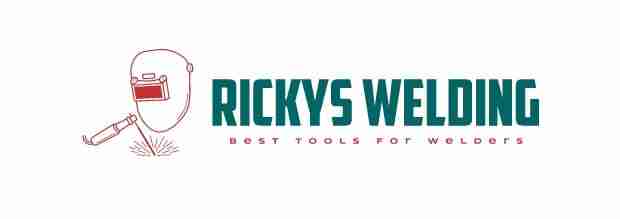In this article, we will guide you through the process of selecting the perfect welding machine for your specific needs. Whether you are a professional welder or a hobbyist, investing in the right welding machine is crucial for achieving desired results and ensuring safety. With a wide range of options available in the market, we understand that choosing the right one can be overwhelming. That’s why we are here to simplify the decision-making process by providing you with valuable tips and insights, so you can confidently make a well-informed choice. So let’s get started on finding the welding machine that perfectly suits your requirements!
Factors to Consider When Choosing a Welding Machine
When it comes to choosing a welding machine, there are several important factors to consider. Each factor plays a crucial role in determining the effectiveness and efficiency of your welding projects. By carefully evaluating these factors, you can ensure you make an informed decision and select the welding machine that best suits your needs. Let’s dive into each factor in detail:
Type of Welding Process
The first factor to consider is the type of welding process required for your projects. There are several common welding processes, including Stick welding, MIG welding, TIG welding, flux-cored welding, and multiprocess welding. Each process has its advantages and is suited for different materials and welding applications. Understanding the specific type of welding process you need will help you narrow down your options and choose the right welding machine.
Power Source
Another crucial factor to consider is the power source of the welding machine. Welding machines can be powered by different sources, such as electricity, gas, or batteries. The power source you choose will depend on various factors, including the availability of a power outlet, the location of your welding projects, and any specific requirements or restrictions you may have. It’s essential to consider the power source that best aligns with your needs and ensures uninterrupted power supply for your welding machine.
Voltage and Amperage
The voltage and amperage requirements of your welding machine are significant considerations. Voltage determines the power capacity, while amperage is correlated with the welding machine’s output and heat intensity. Understanding the voltage and amperage requirements of your welding projects is crucial to ensure compatibility with the welding machine you choose. It’s important to select a welding machine that matches the voltage and amperage needs of your specific projects to achieve optimal results.
Duty Cycle
The duty cycle refers to the amount of time a welding machine can operate continuously within a ten-minute period. It is expressed as a percentage, representing the ratio of welding time to the total cycle time. For example, a 60% duty cycle means the welding machine can be operated for six minutes within a ten-minute cycle. The duty cycle is a critical factor to consider, especially for prolonged welding projects. If you anticipate working on long-duration projects, choosing a welding machine with a high duty cycle will ensure it can sustain continuous operation without overheating.
Portability
Portability is an essential factor to consider, especially if you anticipate moving your welding machine frequently or working in different locations. Some welding machines are lightweight and compact, making them easy to transport, while others are more stationary and suitable for fixed workshops. Assessing your mobility needs and considering the weight and size of the welding machine will help you choose one that is convenient and easy to transport, if required.
Material Thickness
The thickness of the materials you will be welding is a crucial factor in choosing the appropriate welding machine. Different welding machines are designed to weld specific material thicknesses effectively. For example, a welding machine suitable for thin sheet metal may not be suitable for welding thicker plates. It’s important to assess the range of material thicknesses you will be working with and select a welding machine that can comfortably handle the required thickness to achieve high-quality welds.
Application
Considering the specific application of your welding projects is crucial. Are you working on automotive repairs, construction projects, or general fabrication? The application will influence the type of welding process, materials, and techniques required. Understanding your application needs will help you select a welding machine that is tailored to meet those specific requirements and ensure optimal performance.
Safety Features
Safety should always be a top priority when choosing a welding machine. Look for machines that come with essential safety features, such as thermal overload protection, voltage fluctuation protection, and short circuit protection. These features help safeguard you and your equipment from potential hazards and ensure safe operation. Additionally, consider other safety accessories such as welding helmets, gloves, and protective clothing to provide comprehensive protection during the welding process.
Budget
Budget is an important consideration for any purchase, including a welding machine. Determine your budget range and look for welding machines that offer the best features and performance within that range. However, it’s important to strike a balance between cost and quality. Investing in a reliable and high-quality welding machine, even if it means stretching your budget slightly, can yield better long-term results and save you from expensive repairs or replacements down the line.
Ease of Use
Finally, consider the ease of use of the welding machine. Look for machines that are user-friendly and come with clear instructions or user manuals. Features such as adjustable settings, intuitive control panels, and easy-to-understand interfaces can greatly enhance your welding experience, especially if you are a beginner. Evaluating the ease of use of different welding machines will help you select one that aligns with your skill level and ensures a smooth and efficient welding process.
In conclusion, choosing the right welding machine involves careful consideration of various factors. By evaluating the type of welding process, power source, voltage and amperage, duty cycle, portability, material thickness, application, safety features, budget, and ease of use, you can make an informed decision and select the welding machine that best suits your needs. Remember to research and compare different options, read customer reviews, and seek expert advice if needed. With the right welding machine, you can embark on your welding projects with confidence and achieve high-quality results.


